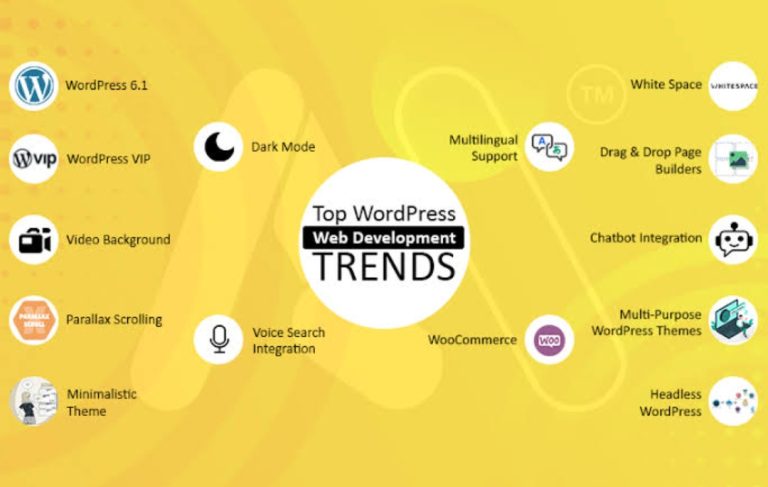What is Virtual Therapy?
Virtual therapy (also known as online counselling) enables you to meet with a licensed mental health provider securely via video (visual and audio) or phone session, at times and locations that suit you – anywhere there’s internet connectivity.
Services may also be accessible outside of business hours for added convenience – an invaluable service for parents juggling work or childcare obligations.
Convenience
Virtual Therapy Ontario offers an efficient, discreet way of accessing mental health services. Clients can connect with therapists from anywhere they have internet access via computer or mobile phone and connect directly with them during sessions via online video streaming (with audio commentary) or phone call.
Find a qualified therapist near you by browsing websites like Psychology Today or asking friends for recommendations. Some therapists may provide free initial consultations so you can determine whether they’re the right match. When looking for therapy services it is essential that they possess relevant experience and training such as eye movement desensitization and reprocessing (EMDR) or cognitive behavioral therapy (CBT).
Online therapy provides another advantage of convenience – you can access therapy at the time and place of your choosing, even during lunch breaks without asking your employer for time off. This provides privacy for those concerned about being seen by coworkers or others.
Accessibility
Online therapy provides easy and accessible mental health care, enabling clients to schedule appointments at times that work for them – for instance during lunch breaks or while their children participate in extra-curricular activities. Online therapy also eliminates the stress and inconvenience of commuter traffic and waiting rooms for those living busy lifestyles.
Online therapists generally operate via videoconferencing software that enables both visual and audio communication, often owned or licensed directly by them, while others use third-party platforms that meet privacy standards. Virtual therapy requires access to reliable internet connection as well as a computer equipped with camera/microphone.
McCance says free consultations on online platforms can be especially helpful when selecting a therapist who best meets your needs. She advises looking for one who specializes in eye movement desensitization and reprocessing (EMDR) or cognitive behavioral therapy; additionally, check whether they have been licensed by your province or country’s regulatory bodies.
Confidentiality
Virtual Counseling offers an efficient and confidential way of accessing psychotherapy services. You can connect with a therapist online via phone, video conference, instant messaging or any combination thereof. Your therapist should be licensed and trained in their area of practice. They should also abide by provincial standards for e-therapy websites as well as ensure its security.
Online therapy may not be right for everyone; those suffering from more serious mental health conditions might require greater assistance and support than can be offered via teletherapy sessions alone. They should find an in-person therapist instead.
To provide virtual services, a computer with audio/video capabilities as well as high-speed internet will be essential. Furthermore, an ideal space should be chosen for virtual therapy sessions; some online therapists may develop their own digital platforms; most likely though Zoom or another platform meeting privacy standards will do just fine; unlike Skype these platforms are designed specifically to keep medical records confidential while adhering to both PHIPA and PIPEDA laws.
Cost
Virtual therapy offers an economical alternative to in-person sessions, providing support from a therapist without incurring travel, childcare costs or lost work time costs. Appointments can also be scheduled outside business hours for maximum convenience – plus you’ll stay connected with them via messaging and audio calls between sessions!
Online therapy platforms typically provide various services at different price points. Talkspace, for example, has a messaging plan which costs less than the cost of one face-to-face counseling session; its live therapy plan includes video and messaging therapy services with accountability tools and continued access to counselors.
Others charge more, yet their prices can often compare favorably with in-person therapy sessions. Some even provide sliding scale rates for low-income patients. Unfortunately, online therapy may not always be covered by insurance, which may present challenges to people living in smaller communities or who have mobility issues.





